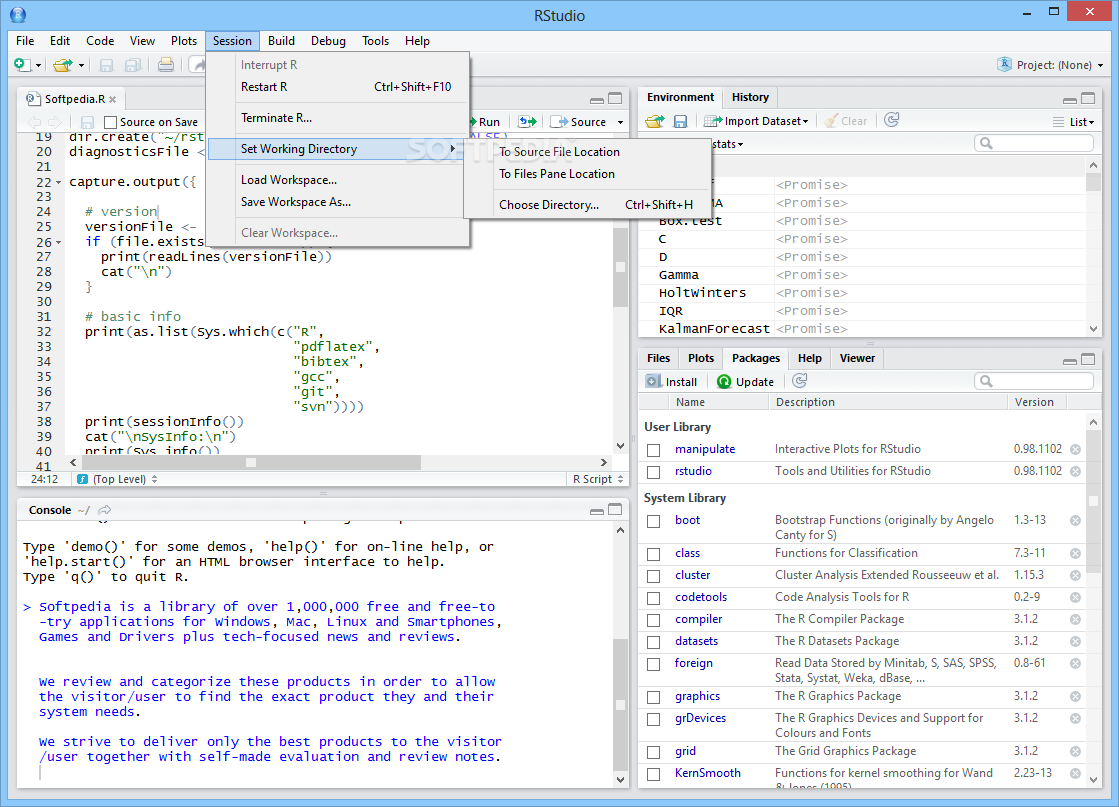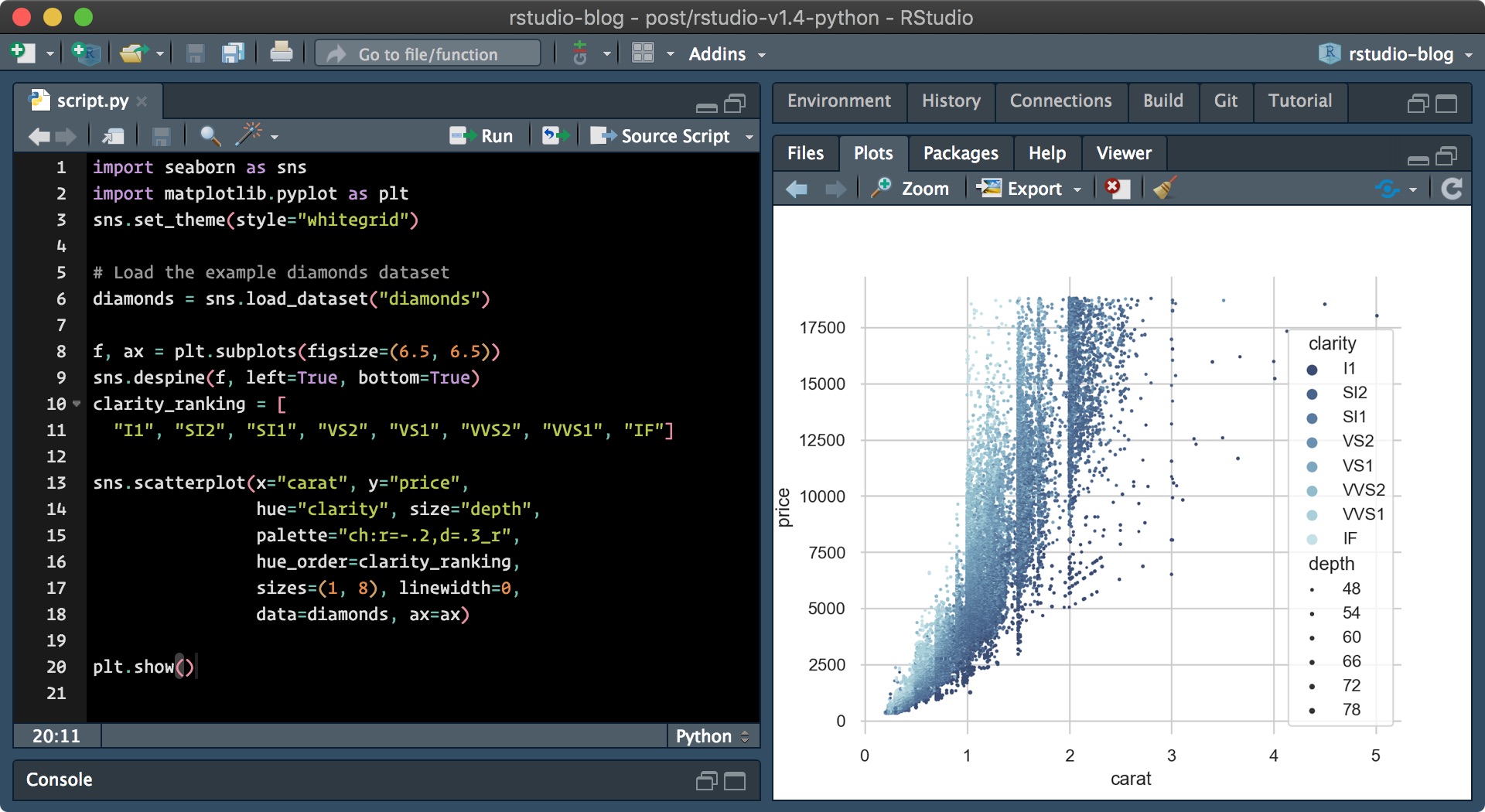

R and package binaries for R versions older than 4.0.0 are only available from the CRAN archive so users of such versions should adjust the CRAN mirror setting ( ) accordingly. Thank you to all the open source folks that make this software freely available.This directory contains binaries for the base distribution and of R and packages to run on macOS. For those who are interested in VS Code, the vscode-R extension should now work with everything above (although I still haven’t gotten the session watcher to work properly). I am sure a stable version will be released in the near future. You will need to use the RStudio nightly builds to get Arm64 support. I use VS Code on my own but I teach in RStudio. You should now have python, R, and radian all running on Arm64. The trick is to create a new python environment (in an Arm64 python distribution) and install via pip3.Įcho 'alias r="radian"' > ~/.zshrc & source ~/.zshrc This is most likely due to the conda-forge Arm64 repository being quite new. Even using the Miniforge Arm64 install, radian 5.11 is listed on conda-forge but is does not install. As of this writing, Anaconda/Miniconda did not have an Arm64 installer for macOS so I would need to run in x86 emulation which would not be compatible with Arm64 R and RStudio. Miniforge makes this easier.Īt this point, I got stuck. It took me a while to realize that all the cool kids use conda-forge as their default repository. I added this alias because I have never met anyone that wanted to save their workspace. I like to use the terminal in VS Code but you can just open the Terminal application that comes on Mac located in the Utilities folder within Applications.Įcho 'export PATH="/opt/homebrew/bin:$PATH"' > ~/.zshrcĮcho 'alias R="/opt/homebrew/opt/r/bin/R -vanilla"' > ~/.zshrc Install Xcode from the App store then run:

This provides the native Arm64 version R which can be used with radian installed through Arm64 conda and allows R to work with the native Arm64 version of RStudio. The key to everything is switching to homebrew for installation. I have since adopted scripts to automate (and document) my setup.

My last Mac adventure over 20 years ago had me downloading and installing everything by hand. This post will focus on installing R for Arm64, radian, and RStudio Desktop. I recently bought a MacBook Air with the M1 processor and I have had difficulties in rebuilding my coding environment.


 0 kommentar(er)
0 kommentar(er)
